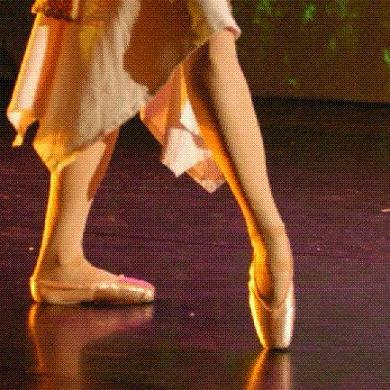A friend of mine recently sent me a journal article with the alluring title of "AVPR1a and SCLA4 Gene Polymorphisms Are Associated with Creative Dance Performance." This article was published in PLoS Genetics (you know you have it in your bathroom) in September 2005. It describes a study comparing the frequency of variants of certain genes in dancers, non-dancing athletes, and the general population. The authors find significant correlations between being a dancer and having particular variants, which suggests a genetic predisposition to have the urge to dance. (It seems therefore appropriate that the phrase "Gotta dance!" was announced in Singin' in the Rain by Gene Kelly.)
A few quotes:
We suggest the notion that the "dance" phenotype is no more difficult to define than other complex human behavioral phenotypes (schizophrenia, attention deficit, personality, violence, and others) that have shown to be both heritable and amenable to genetic analysis. Dancers fulfill a set of criteria with considerable face validity (similar in principle to the usual Statistical Manual of Mental Disorders-style "symptom checklist") that both identifies and distinguishes one disorder from another.
Read that last sentence without the words in parentheses: "Dancers fulfill a set of criteria with considerable face validity that both identifies and distinguishes one disorder from another." A little copyediting would have helped here, because I don't think the authors were suggesting that dancers suffer from a disorder - although that's open for debate! Two words: pointe shoes.
...in the Korean Salpuri dance, an ecstatic trance state is induced that results in changes in alpha wave activity. [snip] We suggest the notion that the association we observe between SLC6A4 and dance is perhaps related to the need for altered consciousness states that subjects participating in and performing this art form sometimes have. [snip] Perhaps a prerequisite for some types of dancing...is the ability to enter into such a higher state of awareness.
This idea intrigues me, because I've always found performing to be different than any other experience in that I seem to be particularly aware of the emotion and physicality of the movement.
Cross-posted on my science blog.
[4-25-06] Coincidentally, I saw a newspaper article about this study posted at the studio I went to for ballet class last night.

0 Comments:
Post a Comment
<< Home